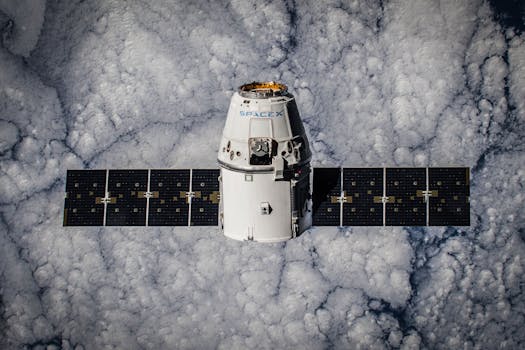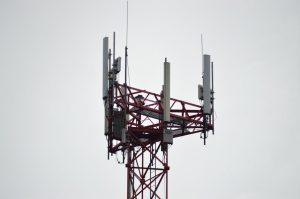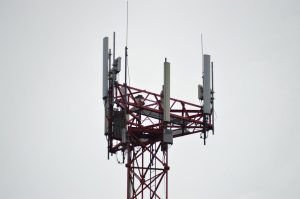The Future of Satellites: Revolutionizing Global Connectivity

The Future of Satellites: Revolutionizing Global Connectivity
The future of satellites is expected to revolutionize global connectivity, enabling faster and more reliable communication services. With advancements in space technology, satellites are poised to play a crucial role in shaping the future of communication. Satellites have been a vital part of modern communication systems, providing a means of transmitting data, voice, and video signals over long distances. However, the next generation of satellites is expected to be even more powerful, with capabilities that will enable them to support a wide range of applications, from broadband internet to IoT connectivity.
Advancements in Satellite Technology
One of the key drivers of the future of satellites is the advancement in satellite technology. Next-generation satellites are being designed to be more powerful, efficient, and cost-effective. For example, the use of advanced materials and manufacturing techniques is enabling the production of smaller, lighter, and more fuel-efficient satellites. Additionally, the development of new propulsion systems, such as electric propulsion, is allowing satellites to operate for longer periods and travel farther distances.
Another significant advancement in satellite technology is the use of phased arrays and digital payloads. Phased arrays enable satellites to steer beams electronically, allowing for more flexible and efficient use of bandwidth. Digital payloads, on the other hand, enable satellites to process and switch signals in real-time, reducing latency and increasing the overall efficiency of the communication system. These advancements are expected to enable satellites to support a wide range of applications, from 5G connectivity to Earth observation.
Applications of Satellites
Satellites have a wide range of applications, from communication and navigation to Earth observation and scientific research. One of the most significant applications of satellites is in the provision of broadband internet services. Satellites can provide internet connectivity to remote and underserved areas, enabling access to a wide range of online services and applications. Additionally, satellites can be used to provide connectivity for IoT devices, enabling the creation of smart cities and industries.
Satellites are also used for navigation and positioning. GPS, GLONASS, and Galileo are examples of satellite navigation systems that provide location information and timing signals. These systems are used in a wide range of applications, from aviation and maritime to precision agriculture and surveying. Furthermore, satellites are used for Earth observation, providing valuable data on weather patterns, climate change, and natural disasters.
Challenges and Opportunities
Despite the many benefits of satellites, there are also challenges and opportunities that need to be addressed. One of the significant challenges facing the satellite industry is the issue of space debris. As the number of satellites in orbit increases, so does the risk of collisions and the creation of space debris. This highlights the need for responsible and sustainable practices in the launch and operation of satellites.
Another challenge facing the satellite industry is the issue of regulatory frameworks. As the use of satellites becomes more widespread, there is a need for clear and consistent regulatory frameworks to govern their use. This includes regulations related to spectrum allocation, licensing, and cybersecurity. Furthermore, there is a need for international cooperation and agreements to address the global nature of satellite communications.
Conclusion
In conclusion, the future of satellites is expected to be shaped by advancements in technology, increasing demand for connectivity, and the need for sustainable and responsible practices. As the satellite industry continues to evolve, it is likely that we will see new and innovative applications of satellite technology, from 5G connectivity to Earth observation. However, it is also important to address the challenges facing the industry, including space debris and regulatory frameworks. By working together, we can ensure that the benefits of satellites are realized and that they continue to play a vital role in shaping the future of communication.






